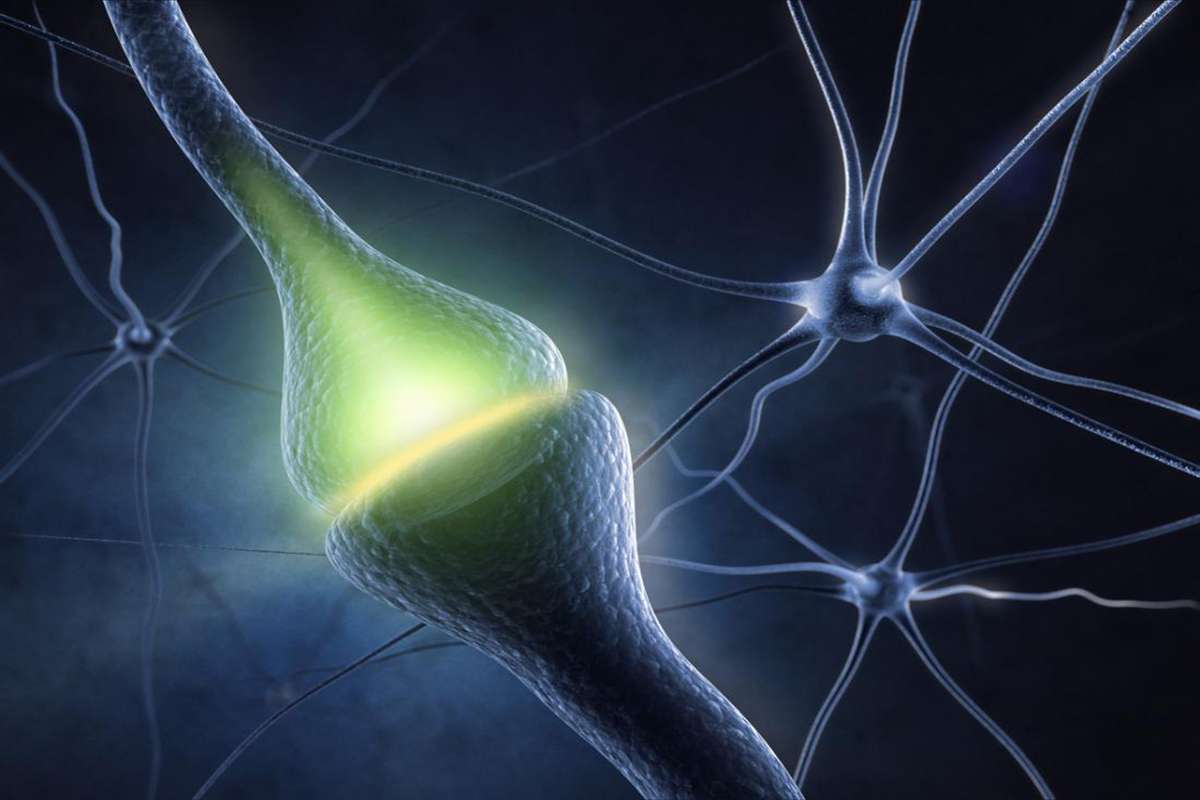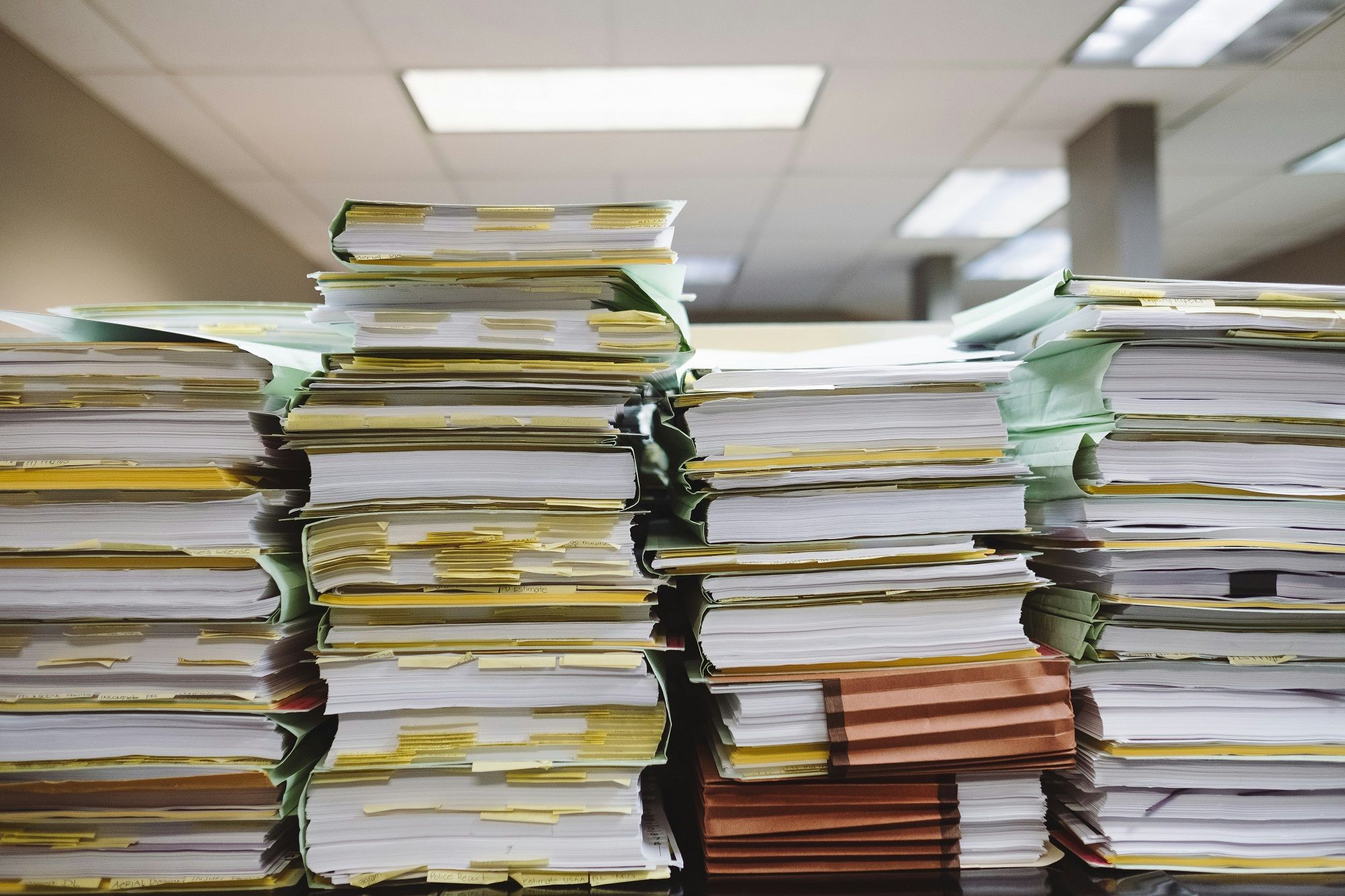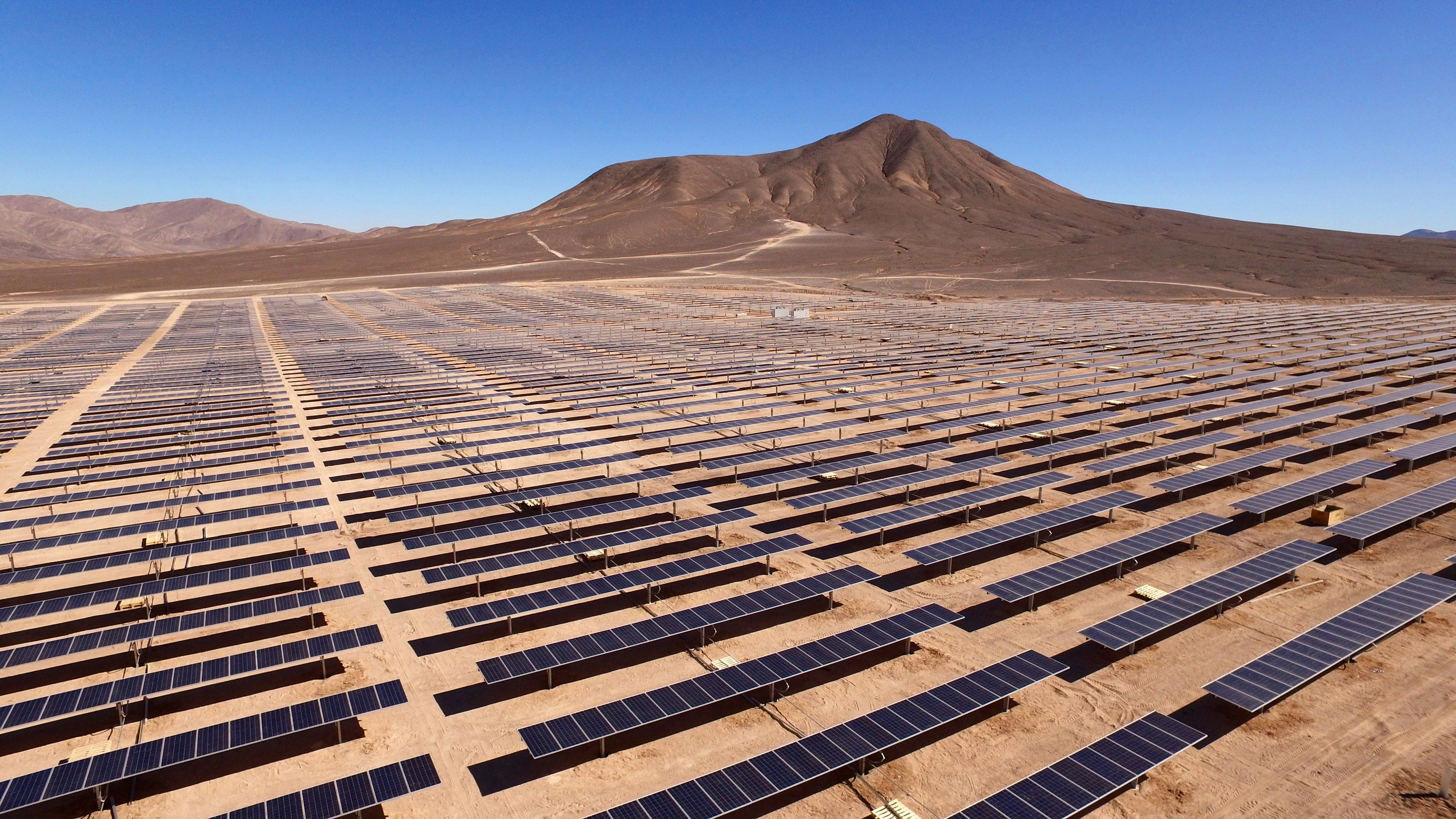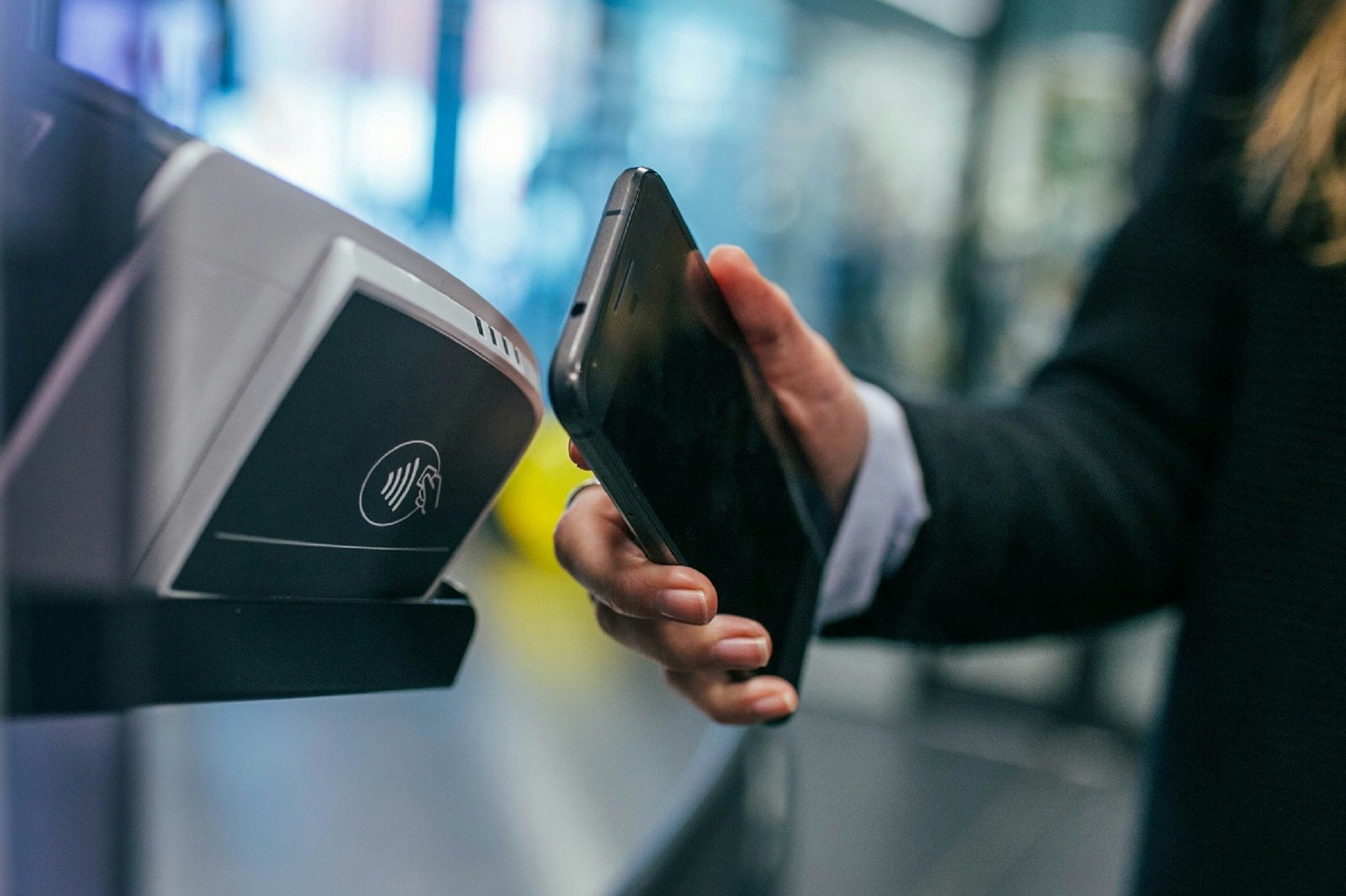- 3 October 2022
- No Comment
- 157
Déjà vu: Re-experiencing the unexperienced

Wait, is this place familiar to me? Have you ever spoken to me in this manner while we were both standing in the same place? Is it possible that I’ve already seen this cat stroll past this hallway? Isn’t that strange? the nostalgic feeling of having visited a place previously despite being fully aware that this is your first time. Sometimes, as we encounter a new happening or place, we get that spooky feeling that it’s not the first time that feeling or sensation is called Déjà vu. Well, most of us have experienced Deja vu, but what is it exactly? Let’s find out in this article.
What is Déjà vu?
“Deja Vu” is the French phrase that translates to “previously seen.” It explains the fascinating and odd experience where something feels tremendously familiar to you even if you are aware that it shouldn’t feel that way. In other words, you can claim that you are probably having a déjà vu experience if something feels eerily familiar to you, whether it is something you are familiar with or not.
This kind of excessive familiarity is simple to identify because it happens fast before immediately returning to a normal level. In movies and books, Déjà Vu’s experiences are commonly mentioned. They are peculiar but fascinating experiences that can tell us a lot about how our minds work, particularly how memories work. They may give the idea to others that they have somehow foreseen the future, but that is not the case.
What Causes Déjà vu?
It’s the most interesting question to ask but the answer is still a riddle. Several different theories are represented by distinct scientists explaining why people experience Déjà vu. Or what is the cause behind it? Some experts say that a memory occurrence is déjà vu. We run into something that reminds us of a genuine recollection, but we are unable to properly recall it.
Therefore, our brain detects connections between our current experience and a previous one, and then we are left with an unidentified sense of familiarity that’s Déjà vu while other believes that it’s as if there is a short in the circuits in our brains that control long-term memory vs short-term memory, causing new information to enter our system directly into our long-term memory rather than first stopping at the short-term memory bank.
Others claim that something triggers the rhinal cortex, the part of the brain that signals when something feels familiar, even though no memories are present to support it.
Another explanation for déjà vu is that it’s connected to false memories—memories that appear real but aren’t. This type of déjà vu would be comparable to the sensation you get when you can’t tell if something happened in reality or a dream. Researchers are starting to disagree with this theory, though.
Temporal lobe epilepsy, a persistent nervous system illness that causes unexplained seizures in the temporal lobe of the brain, represents the end of the déjà vu phenomenon. Focal-aware seizures are a common kind of these seizures. Although there is no changed state of consciousness, the subject does feel strange emotions like déjà vu. Some scientists think that every déjà vu episode is at least a mild manifestation of this condition.
Who can experience Déjà vu?
According to an estimate, about two-thirds of individuals have experienced Deja vu, but it’s still misunderstood and rarely discussed as people hide it from others believing that it is some sort of mental illness and is only happening to them.
People who are 15 to 25 years old experience Deja vu the most which means young people have more Déjà vu experiences compared to older ones as we get older, we often have less of the feeling. After the age of 25, people report fewer déjà vu occurrences on average. Researchers find this strange because we are accustomed to thinking that memory issues get worse as we age rather than get better! This teaches us that Déjà vu is not at all a memory problem.
Déjà vu has nothing to do with gender which means it appears to occur about equally frequent in men and women. Some research indicates that those with higher levels of education and socioeconomic status are more likely to experience déjà vu. Moreover, the probability of déjà vu is higher for regular travelers. According to a 1967 study, just 11% of persons who had never traveled reported experiencing déjà vu, compared to 41% of people who took one to four travels annually and 44% of people who took five or more journeys annually.
Is experiencing Déjà vu a cause for concern?
Do you need to worry about déjà vu? Researchers have found no cause to suspect any bad effects as long as your déjà vu experiences aren’t connected to a type of epilepsy. Deja vu may even be advantageous, according to some scientists. We might interpret the unsettling sensation as evidence that our memory is in good shape if it is, in fact, the result of our brains reviewing our memories and restructuring anything filed wrongly. This theory fits with the observation that young adults (15–25) account for the majority of déjà vu cases.
Whether it is beneficial to us or not Deja vu is an intriguing and odd experience where something feels eerily similar but is not at all similar to what we remember it feeling like. The encounter is significant because it demonstrates how remembering involves several phases, some of which may go wrong but is extremely okay. So, have you had your Déjà vu experience? Or are you someone who is waiting for it!!! Do let me know…
Written by:
Rohma Arshad



